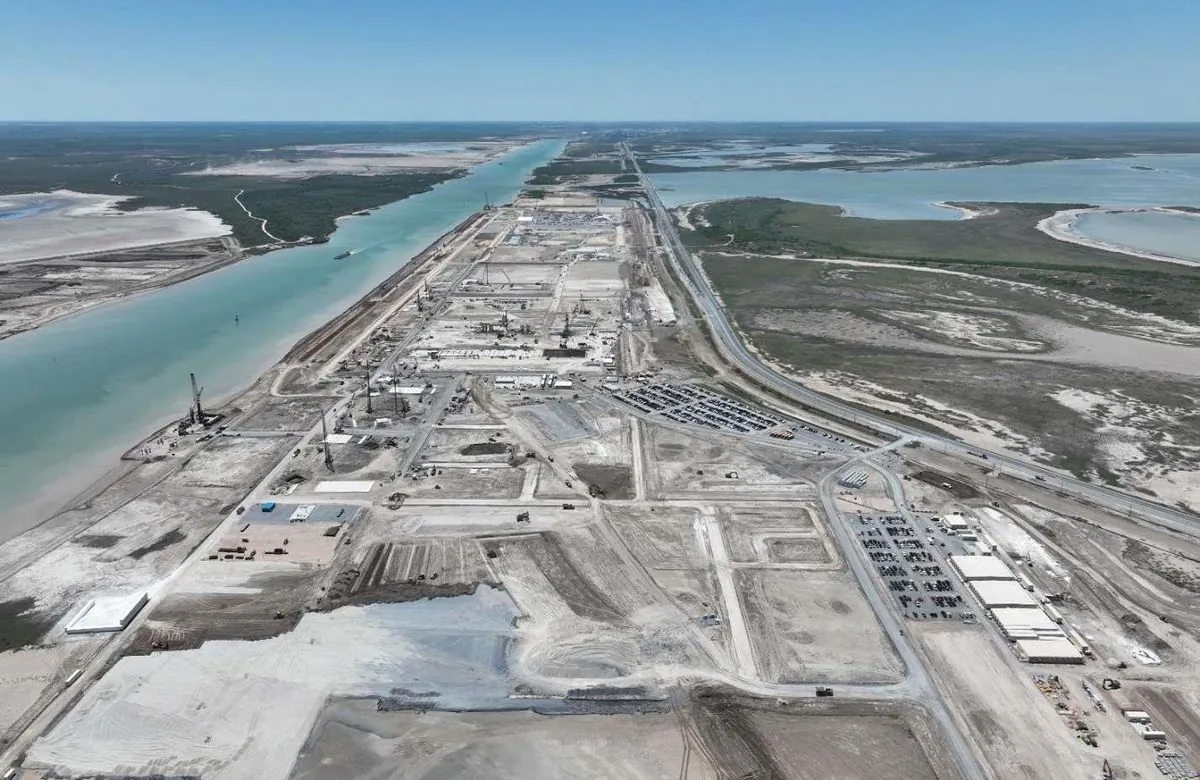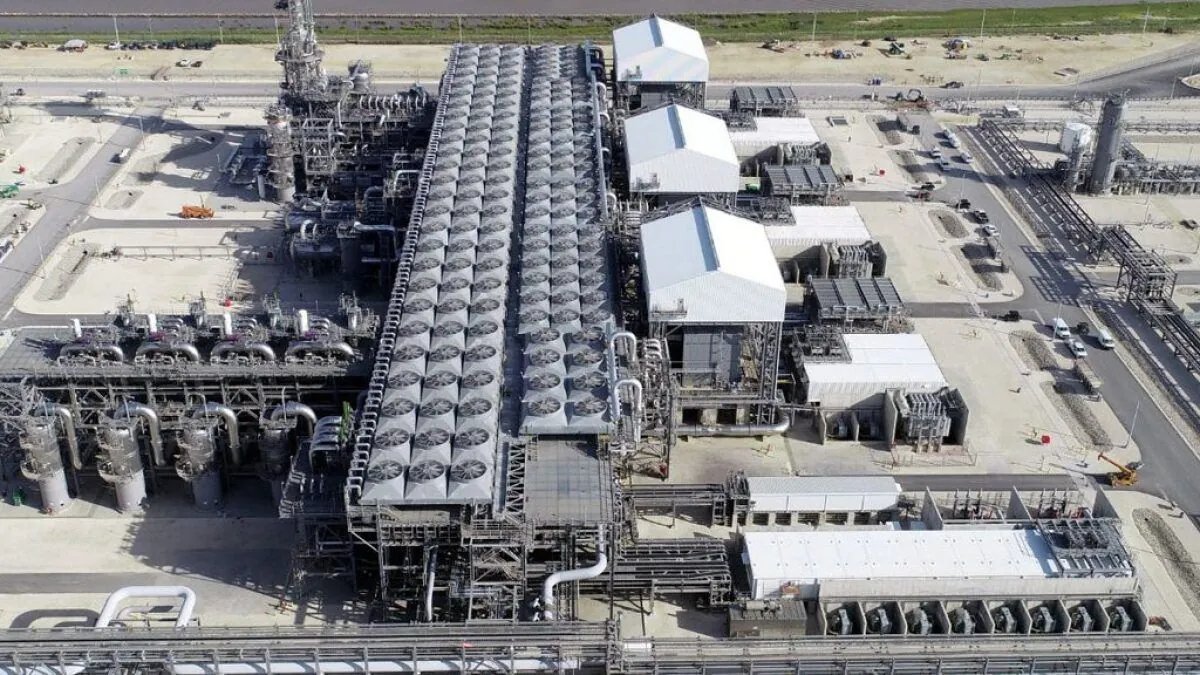Court Overturns FERC Approval for NextDecade's Rio Grande LNG Project
A U.S. court has revoked FERC's authorization for NextDecade's Rio Grande LNG project, citing environmental concerns. The company continues construction on phase 1 while evaluating the decision's impact on future plans.

A U.S. court has recently overturned the Federal Energy Regulatory Commission's (FERC) authorization for NextDecade's Rio Grande LNG project. The decision, announced on August 6, 2024, cites the lack of a supplemental environmental impact statement as the primary reason for the reversal.
The Rio Grande LNG project, located in Brownsville, Texas, has faced numerous challenges and delays since its inception. Despite these setbacks, NextDecade continues to push forward with its plans. The company expects to complete phase 1 of the project by early 2029, with an estimated cost of approximately $18 billion.
In response to the court's decision, NextDecade expressed disappointment and disagreement with the conclusions. The company stated:
"At this time, construction continues on the first three liquefaction trains and related infrastructure (Phase 1)"
NextDecade is currently assessing the impact of the court's ruling on the timing of a positive final investment decision (FID) for Train 4, which was originally planned to begin construction in the second half of 2024.

Recent developments in the project include significant international partnerships. Earlier this year, Abu Dhabi National Oil Company (ADNOC) acquired an 11.7% stake in phase 1 of the Rio Grande LNG project. Additionally, NextDecade signed a non-binding agreement with Saudi Aramco to supply 1.2 million tonnes per annum (MTPA) of LNG for 20 years.
The Rio Grande LNG project highlights the complex nature of large-scale energy infrastructure developments. LNG, or Liquefied Natural Gas, is natural gas cooled to -162°C for easier storage and transport. It is considered a transition fuel in the global shift towards renewable energy sources, with the LNG market expected to grow significantly in the coming years.
However, LNG projects often face environmental and regulatory challenges due to their potential impact on local ecosystems. The court's decision to overturn FERC's authorization underscores the importance of thorough environmental impact assessments in such projects.
As the U.S. continues to expand its role in the global LNG market, having become a net exporter in 2016 for the first time since 1957, projects like Rio Grande LNG play a crucial role in shaping the country's energy landscape. The outcome of this legal challenge and NextDecade's response will likely have significant implications for the future of LNG development in the United States.


































